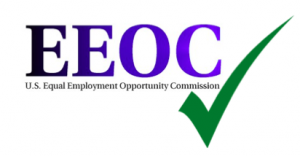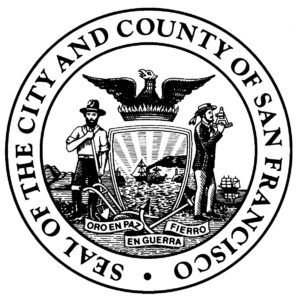 The importance of witnesses and witness statements in an employment or a wrongful termination case cannot be overstated. Even one witness can make a difference between having a no case and having a case, and between having a weaker case and having a very strong case. This is especially true in harassment case, which often come down to he-said-she-said situation, i.e. where the victim of harassment makes certain allegations against his or her manager, while the alleged harasser denies all or most of the allegations. Although the words of a victim count for something, this puts the judge / potential jury in a predicament: who should they believe?
The importance of witnesses and witness statements in an employment or a wrongful termination case cannot be overstated. Even one witness can make a difference between having a no case and having a case, and between having a weaker case and having a very strong case. This is especially true in harassment case, which often come down to he-said-she-said situation, i.e. where the victim of harassment makes certain allegations against his or her manager, while the alleged harasser denies all or most of the allegations. Although the words of a victim count for something, this puts the judge / potential jury in a predicament: who should they believe?
However, if there was even witness who is willing to come out and testify or sign a one page document stating what he saw, this will likely make a critical difference in your ability to prove your case. This is as important at trial as it is during any type of settlement discussions. Here are a few common examples where a witness can turn a potentially weak case into a strong case:
(a) Harassment case – an employee claims that her manager was grabbing her by her buttocks and was refer to her on multiple occasions as “cute enough to eat.” That manager denies ever doing or saying the above. However, one witness – co-worker is willing to testify or sign a declaration that she saw that manager grab the complainant by her rear on at least two occasions.











